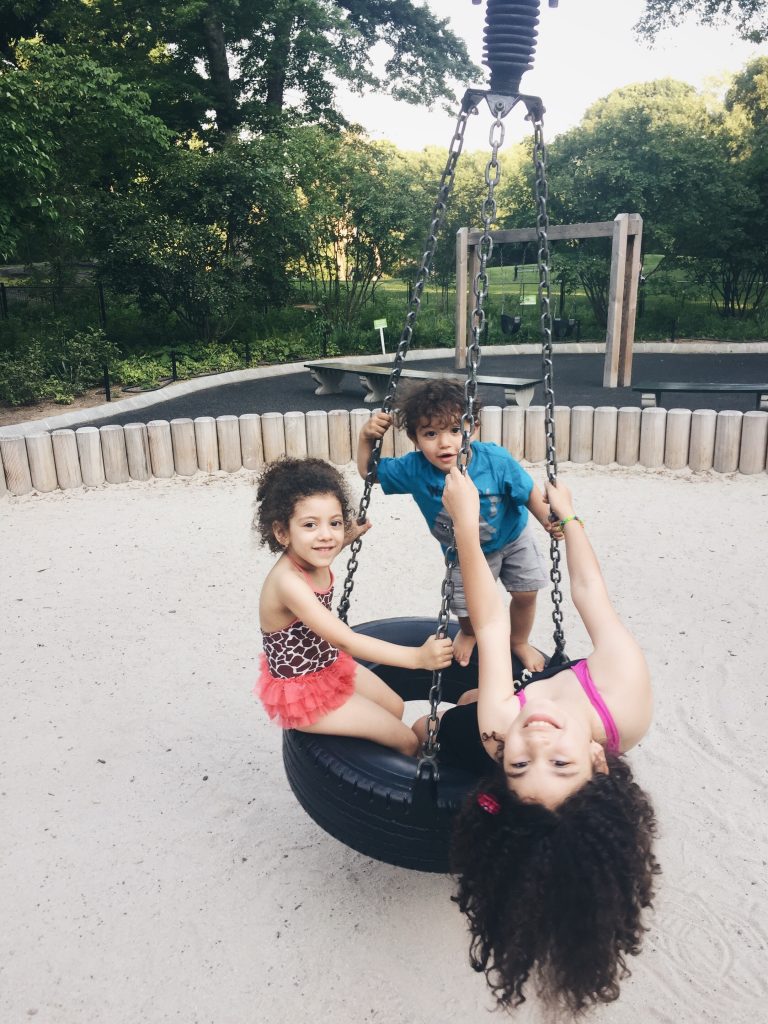Does My Child Have a Language Delay?
Let’s be honest. It can get downright scary as a parent. Every cough, wheeze, or bump and we’re suddenly in the fight of our life to stay calm while our insides are screaming. So it’s important that when we’re talking about a possible language delay, we don’t allow ourselves to overthink the situation. Even if there is a challenge, we can face it by staying calm and focused.
Parents can be most effective at detecting a language delay by noticing any differences in behaviors because you spend the most time with your child. You know when you see a behavior that seems out of place. Even the slightest change in behavior could be enough of a sign. Make a note of the child’s new behavior so you can address it with your pediatrician. Here are some signs that may indicate your child has a language delay.
- If you notice that your child no longer speaks or stops doing things that he or she used to do
- If your child doesn’t pay attention to the fact you’ve walked into the room
- If they don’t mirror back your happiness facial expression
- If they don’t notice sounds or react to their name when called
- If there appears to be a lack of fear for anything
- If they use words that are not appropriate for the situation you’re in
Some of these delays are just temporary. In many cases, it’s possible that some of these issues may correct themselves. However, it’s impossible to know when or if that will happen. What you want to do is work with your child. Spend a lot of time playing with them, reading to them, and talking with them. Sometimes it just takes a lot more one-on-one personal time to help get them up to speed and help their language development. However, sometimes it can be a sign of a more serious matter, like hearing loss, in which case that is something that you’re going to want to address with your doctor as soon as you notice. The point is to identify what’s going on so that a strategy can be put in place to remedy the situation.
What Are Speech Therapy Goals for Expressive Language Delays in Children?
In order to know that your child is successfully making progress, you want to have an established set of goals in mind as a kind of road map to help you get there. Here are a few goals to keep in mind when navigating expressive language delays in your child.

- First, there should be an accurate measure of what’s needed to improve. Nothing can improve without first identifying it. So an accurate representation of what needs to be improved is the first goal to establish.
- Once an accurate measure has been established, break that into how many categories are needed to be improved, then focus on each category one at a time. Overwhelming yourself or your child to speed through this is not recommended. Give the necessary amount of time for understanding and development in order for this process to be successful.
- Also, managing your own expectations for your child’s progress is the most important goal that you can set. It is a daily practice to manage those expectations and not allow impatience or frustration to get in the way of that. Failure to do this could seriously impact your child’s desire to cooperate in the process. The last thing you want to do is break down the relationship with your child over a process that will benefit you both.
How Will Early Intervention Spanish Speech Therapy Help My Child?
Here’s the great news about seeking help for Spanish Speech Therapy: a great speech-language pathologist can do wonders for your child’s development. Here are just a few ways:
- Help your child improve his or her vocabulary, try introducing nursery rhymes activities
- Work with your child to differentiate the types of sounds required for successful language development
- Help your child minimize gestures that will encourage word use
- Enable your child to speak his or her first words
- Treat oral motor issues, like chewing and swallowing
- Improve language processing and social skills
Think you might be interested in learning more about how Spanish Speech Therapy can help you and your child? The first step is usually a consultation with a speech-language pathologist to describe what problems your child is facing. Once that’s been established, they work with you to create a plan to address the specific issues that your child has.
Therapy sessions involve focused time spent with your child. During that time, dynamic assessment occurs and progress is documented as the process moves forward. This information is used in each subsequent visit so that the child’s progress is continuous. If you believe that your child has a language delay, it’s very important to be seen by a speech therapist as early as possible to correct any issues that may arise. The great news is that you can easily reach out to us and we can help you find the right specialized strategy for your child’s delayed learning.

